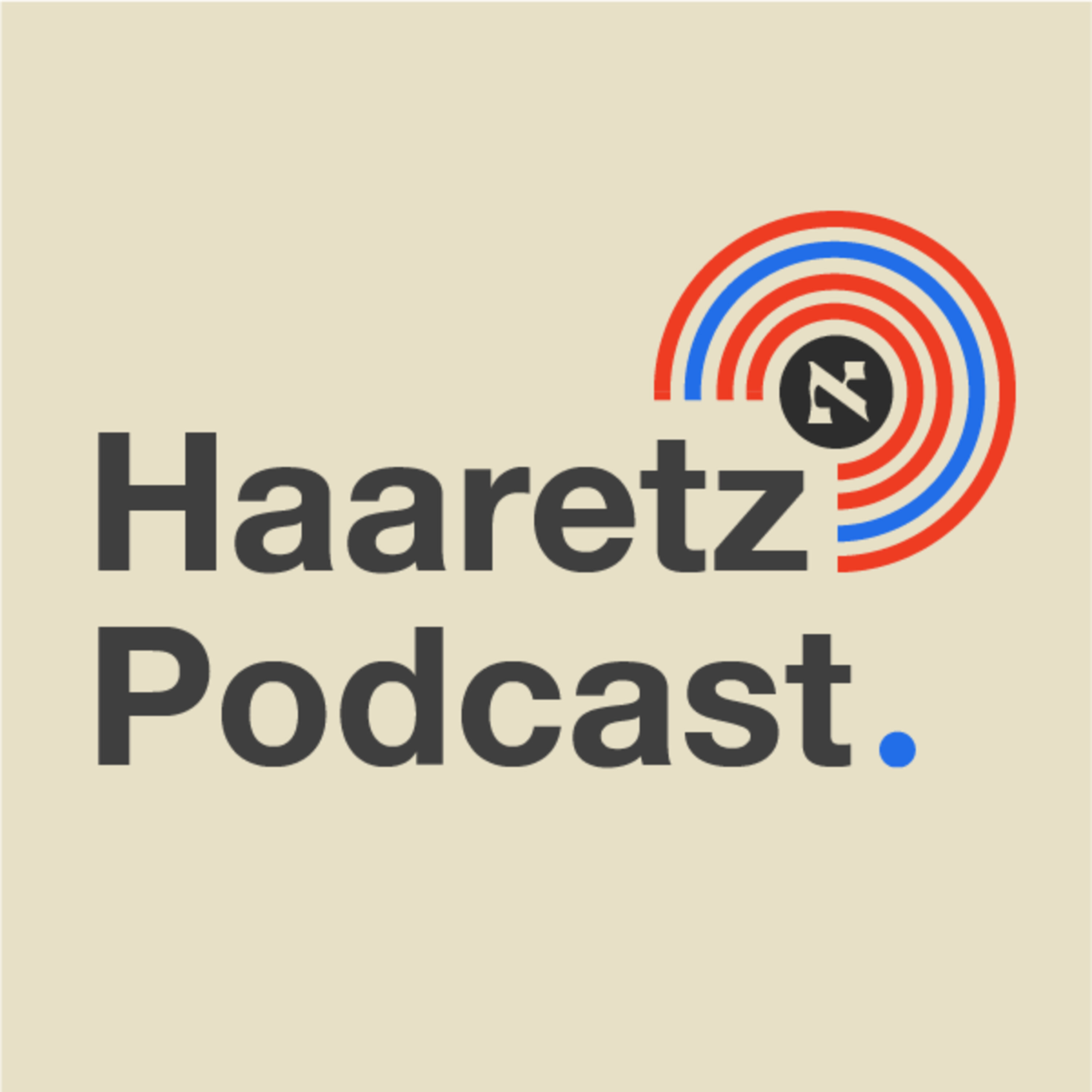'Young U.S. Jews believe Judaism is about social justice. They ask, does Israel stand for that?'
Description
If support for Israel becomes a truly partisan issue and political football in the United States, it will be "a disaster" that the people and the leaders of the Jewish state don't fully comprehend, says Professor Noah Feldman in a conversation with host of the Haaretz Podcast Allison Kaplan Sommer.
Feldman is a Harvard Law School professor and public intellectual who has written ten books on law, politics, religion and Middle East geopolitics. In his new book, "To Be a Jew Today: A New Guide to God, Israel, and the Jewish People," he applies rigorous thinking to the foundational question of what it means to be Jewish, with a special emphasis on how the founding of the state of Israel fundamentally transformed the religion.
Feldman says much of what has unfolded since October 7 reinforced the thesis of his book as to the key role Israel plays in Jewish religious identity. "I know a lot of American Jews who went from being once in a while, vacation on the beach Zionists to very intensely committed active Zionist because of October 7 – that's one form of engagement."
"And then on the other side, you have people who were kind of trying to put their heads in the sand and never think about Israel, lest they be forced to criticize it, who basically felt after October 7: 'I have to say that what is happening in Gaza is not in my name.'" For Jews around the world, he says, "Israel has become a central part of their Jewishness that they must react to, whether positively or negatively."
In the wide-ranging interview, Feldman, who is also an expert on constitutional and international law, addresses the hot button issue of accusing Israel of genocide, which has gripped college campuses like Harvard.
"There is no evidence that would satisfy an international court engaged in an ordinary criminal evaluation of genocide to support the charge that Israel has engaged in a genocide in Gaza," he asserts. "To emphasize that charge, over time and aggressively, in the absence of such evidence, has the possibility of crossing into a type of antisemitism that imagines Jews as always and everywhere the oppressors, and never as victims."
At the same time, he stresses, "one can hold the view that I just described, of rejecting the genocide charge, and still believe that Israel's conduct in Gaza is excessive, even under international law potentially. But the genocide charge is so richly embedded in a discourse of definitional evil. And it's so associated with the Holocaust, that it's worrisome to me when, for example, the South African government goes to The Hague and says Israel are actually the genocidal actors because I think there's a conscious desire to flip a narrative here."
See omnystudio.com/listener for privacy information.
More Episodes
In her first visit to Israel since October 7, Berkeley-based author and screenwriter Ayelet Waldman made the news carrying a sack of rice on her shoulder, she was arrested with a group of rabbis participating in a symbolic march to the Gaza border to deliver humanitarian aid.
Neither she nor...
Published 05/01/24
Published 05/01/24
Iran's firing of hundreds of drones and missiles at Israel on Saturday night marked a new escalation in a simmering war usually fought by proxies miles from Tehran. Iran's strike, which was largely intercepted by Israel and its allies, leaves lingering questions of global significance.
On a...
Published 04/16/24


